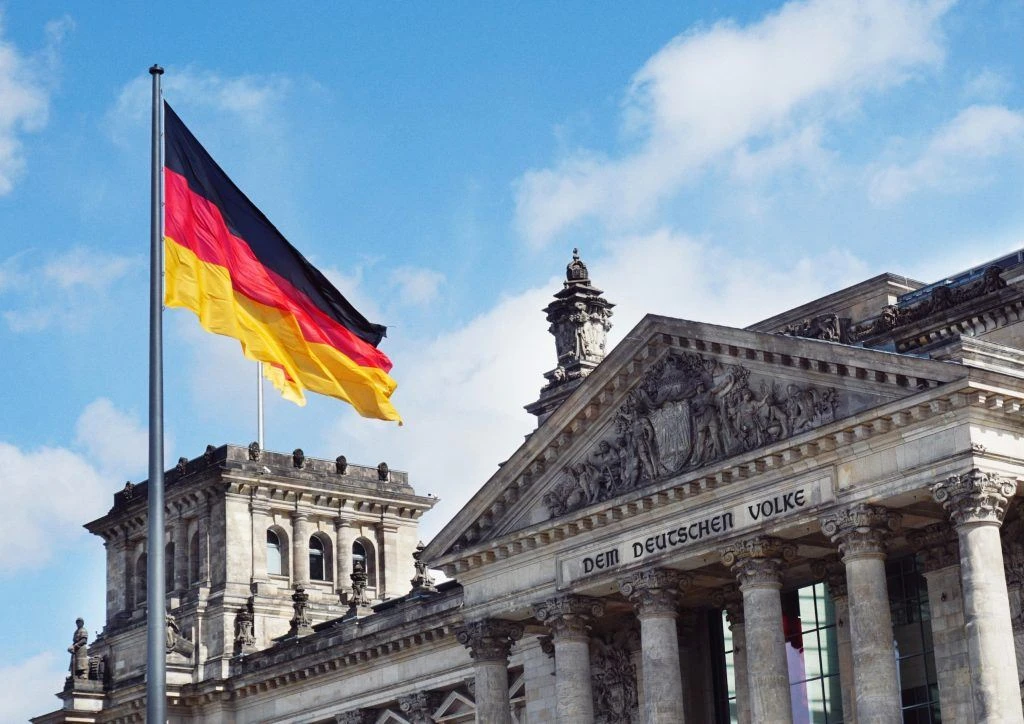Moving House

Moving Abroad

Container Shipping

Services

Find a Mover


Moving to Germany for work is not uncommon for Brits: the country has a strong economy, many big businesses and the people generally have good level of English. Here you can find information on what to expect if you start working in Germany.
Although both countries have two of the strongest economies in Europe, there are several fundamental differences. Principally, Germans value structure and rules, so business is very well ordered from start to finish. German business culture also tends to try and avoid uncertain aspects. In this way people in Germany are very focused on the task in hand. Germans are also very punctual. Deals can be made or broken based on whether you are on time or late for a meeting, so it is advisable to arrive on time or even early to meetings. Finally, Germans communicate in a very direct fashion. If a colleague or boss doesn’t like something that you’ve done they will not try to sugarcoat it. Equally, you will hear praise if you do something well.
One of the main industries in Germany is the automotive industry. Germany is home to many of the worlds leading car brands and manufacturers. In addition to this there is also a lot of investment in pharmaceuticals, electronics, fossil fuels and renewable energy.
In addition to this outside of London Frankfurt has the largest finance sector in Europe, this is predicted to grow in the coming years due to the Brexit.
More than 70% of the working population is employed in the tertiary sector and this represents approximately 70% of GDP.
It should be noted that in Germany there are more than 3.6 million SMEs.
The German labour market is considered one of the most regulated markets in Europe. In addition to having the highest wages, employees enjoy many basic rights regardless of whether or not there is an employment contract. It is a very hierarchical labour market, and designed primarily to be as productive as possible.
In order to qualify for a job, you must either have a work permit or a residence permit that enables you to work. In addition you must be a holder of a social security number and a tax card.
The working day varies between 38 and 40 hours, depending on the agreement that is applied. Usually the working day does not usually exceed 8 hours a day, and you have 30 minutes of rest.
The professional minimum wage is set at € 1,440 per month which amounts to a total of € 17,280 per year, consisting of 12 annual payments.
As for holidays, if you work 5 days a week then you have 20 working days, or 24 days if you work 6 days. Once you have worked 6 months you are entitled to receive the agreed leave.
In line with german work place culture it is advisable to look for jobs well in advance. Germans are more likely to want to hire someone early to avoid uncertainty and disorganization. There are several job sites in Germany which allow you to plan in advance and find the right job.
Applications for job interviews are similar to the UK in the way of a a CV and a cover letter however both of these have some slight differences. It is important to attach a passport style photo to your CV in the top corner, leave out any description of your personal qualities as it can be seen as superfluous or egotistical. However, it is still important to list any clubs that you are a member of. A cover letter should be direct and concise, it is important to stick to the message you would like to convey.
Are you thinking of moving to Germany? If so, at Sirelo we can give you a hand. We recommend you take a look at the paged linked below; they will help you start planning your move to Germany on the right foot. 🙂